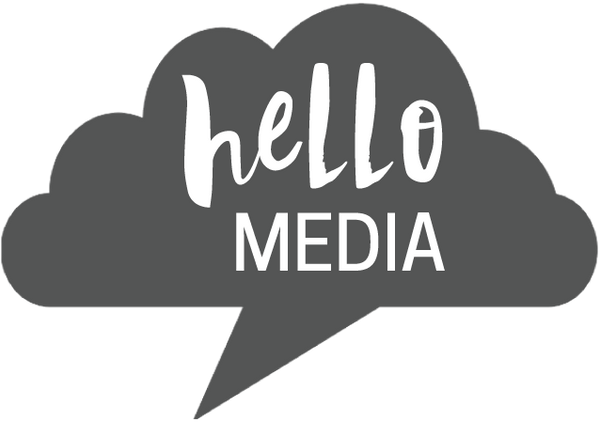Indigenous Business Month & Social Procurement

As we're nearing the end of Indigenous Business Month, (1st October - 31st October), we've decided to tackle this very important topic in our weekly Business Bite-Size live-video-podcast.
My digital BFF ~ Jenni Walke, is an Indigenous business and Aboriginal woman from the Northern Rivers, now residing in Brisbane.
"For me, as a business owner, I'm automatically put in that box of being an Indigenous business or a First Nations business. Whether I choose to identify or not (which I do), it doesn't matter - that's my Heritage and that's my business." (Jenni, Elephant in the Room Consulting)
Q: So what is Indigenous Business Month all about?
As stated on Indigenous Business Month's website, "Indigenous Business Month is an initiative driven by the alumni of Melbourne Business School's MURRA Indigenous Business Master Class Program, who see business as a vehicle towards self-determination, a way of providing positive role models for Indigenous Australians and improving quality of life Indigenous communities."
This initiative was established in 2015, and this year marks its 8th-year anniversary.
Q: What's the difference between Indigenous and First Nations?
Indigenous is the general term that refers to an Aboriginal and Torres Strait Islander. However, not all Aboriginal people would like to be called or referred to as Indigenous, and would prefer to be called First Nations.
"To be perfectly honest, it depends on the individual. If you're from central NSW, then you're always going to say Aboriginal because that's the traditional people in NSW not Torres Strait. Torres Strait is obviously a very specific part of our First Nations people." (Jenni, Elephant in the Room Consulting)
In addition to that, Jenni also mentioned that: "Indigenous is a throwback to when we were referred to as flora and fauna, and for those people who lived through that era, it was actually considered derogatory, and they don't like that term."
First Nations, on the other hand, is becoming more and more accepted because it covers all people. Many Indigenous people prefer to be called First Nations because it means it's the First Nations of that country, that land.
Q: What is this year's theme of the Indigenous Business Month?
"Actions today, impact tomorrow!"
Q: What does social procurement really mean and why is it important?
Whether you're a small or big business owner, you should start looking at social procurement as a very important aspect to boost the Australian economy.
Social procurement is when organisations use their buying power to generate social value above and beyond the value of the goods or services being procured.
Q: What does it mean to be an Indigenous business and how to be considered as one?
In Australia, Indigenous people are those who consider themselves as Aboriginal or Torres Strait Islander, or if they're identified by another person as an Aboriginal or a Torres Strait Islander.
According to Business Government Australia, Indigenous businesses are just the same as any other businesses in Australia, except that they're eligible for additional support and assistance to start and grow their businesses.
Watch this inspiring video below!
However, there's still part of Australia who think: "Being an Indigenous business, you come with greater risks." (Jenni, Elephant in the Room Consulting)
This is the reason why some Indigenous businesses don't consider or promote themselves as Indigenous because they're worried that those myths and biases that come with being an Aboriginal or a Torres Strait person might affect their businesses.
Annual Indigenous Business Month gives every Indigenous business a chance to showcase what they've got, and find support and a sense of belonging, at the same time.
Whether you're an Indigenous business or not, it's time to start recognising that being an Aboriginal business or First Nations business means you are a successful business and you are valuable.
"As an Indigenous business, we role model to other people the opportunities that exist for First Nations people now which did not exist maybe 10, 20, or 30 years ago. We were excluded. The systematic policies of the country actually precluded us from being able to own businesses and operate in this way. We had to get permission to own businesses back in the day, whereas now, we can say this is our choice, this is our right, and we're actually going to create long-term economic development for ourselves and our communities." (Jenni, Elephant in the Room Consulting)
Watch this episode of our Business Bite-Size on Youtube:
Or listen to our podcast here:
